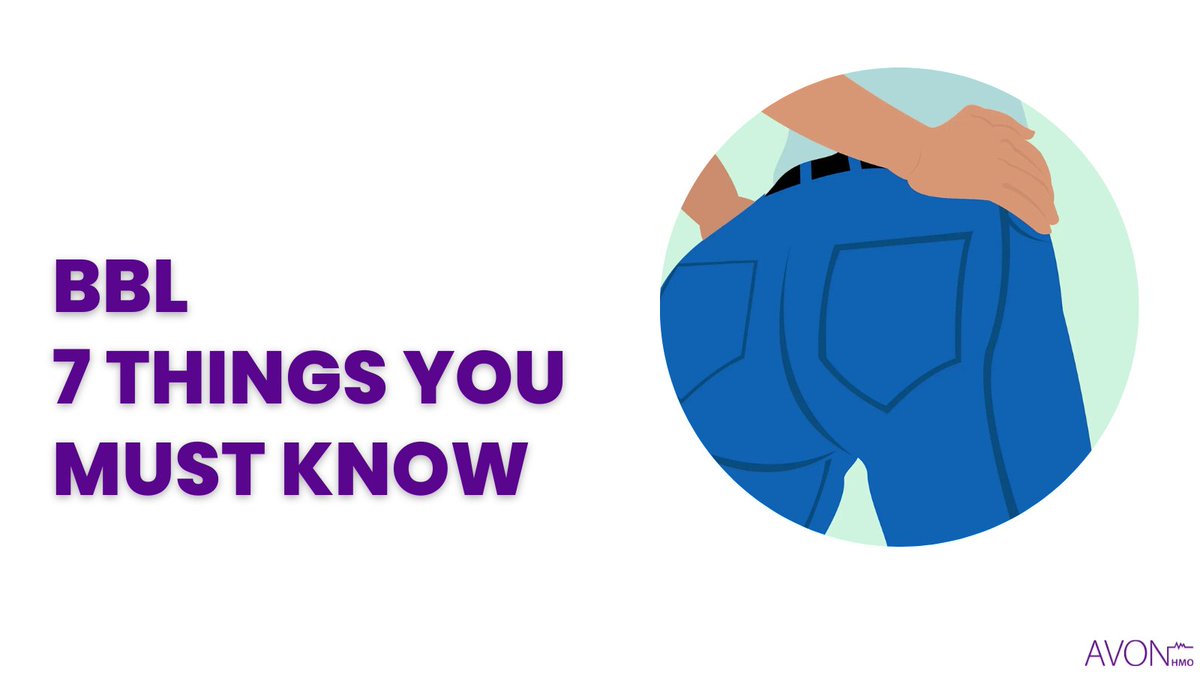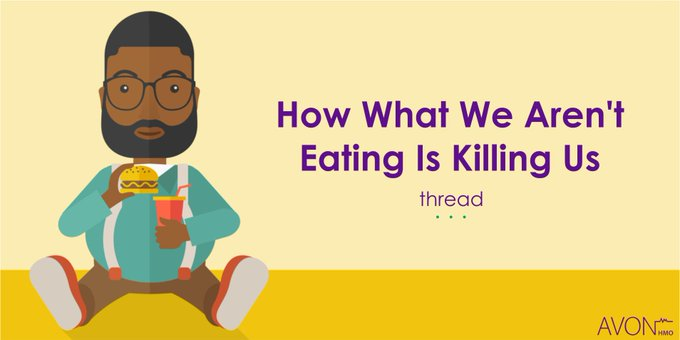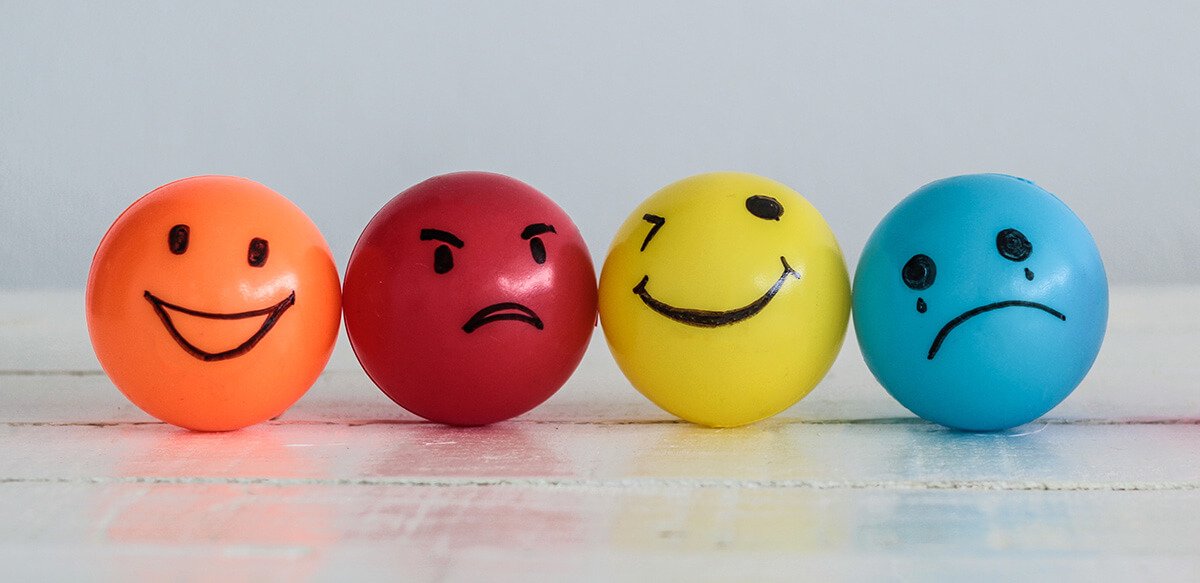Your liver is one of the powerhouses that gets rid of toxins from the body but while it's able to regenerate and self-repair, it is not indestructible.
Here are 10 things you can do to keep it healthy.
#AvonsPracticalTips #HealthyLiving
Here are 10 things you can do to keep it healthy.
#AvonsPracticalTips #HealthyLiving

1. Be careful with traditional medicine and remedies.
Traditional medicines or remedies are a tricky thing for the liver as some contain heavy metals or unknown toxins. They can affect regular liver function or result in liver toxicity.
#AvonsPracticalTips #HealthyLiving
Traditional medicines or remedies are a tricky thing for the liver as some contain heavy metals or unknown toxins. They can affect regular liver function or result in liver toxicity.
#AvonsPracticalTips #HealthyLiving
Over-supplementation of traditional medicine may also cause liver inflammation and can lead to irreversible liver damage or even failure. Please consult a doctor prior to consumption if in doubt.
#AvonsPracticalTips #HealthyLiving
#AvonsPracticalTips #HealthyLiving
2. Limit your alcohol intake and drink in moderation
Our liver can only process or break down a small amount of alcohol every hour. Beyond this, it can damage the liver cells and lead to inflammation and scarring (cirrhosis).
#AvonsPracticalTips #HealthyLiving
Our liver can only process or break down a small amount of alcohol every hour. Beyond this, it can damage the liver cells and lead to inflammation and scarring (cirrhosis).
#AvonsPracticalTips #HealthyLiving
For this reason, men should limit their alcohol intake to two standard drinks a day while women should only have one.
A standard drink is equivalent to:
-one ordinary beer
-one small glass of wine or
-a small shot of whiskey
#AvonsPracticalTips #HealthyLiving
A standard drink is equivalent to:
-one ordinary beer
-one small glass of wine or
-a small shot of whiskey
#AvonsPracticalTips #HealthyLiving
3. Have an active lifestyle
Regular exercise is key to a healthy liver. Exercise decreases stress on the liver, increases energy levels and helps to prevent obesity – a risk factor for liver disease. Aim for a total of 150 minutes of exercise per week.
#AvonsPracticalTips
Regular exercise is key to a healthy liver. Exercise decreases stress on the liver, increases energy levels and helps to prevent obesity – a risk factor for liver disease. Aim for a total of 150 minutes of exercise per week.
#AvonsPracticalTips
4. Have a balanced and healthy diet: Less fatty foods and more fibre
High levels of fat in the blood (hyperlipidaemia) and high levels of cholesterol (hypercholesterolaemia) are common causes of fatty liver disease.
#AvonsPracticalTips #HealthyLiving
High levels of fat in the blood (hyperlipidaemia) and high levels of cholesterol (hypercholesterolaemia) are common causes of fatty liver disease.
#AvonsPracticalTips #HealthyLiving
Saturated, trans and hydrogenated fats are found in deep-fried foods, red meats, dairy and processed foods. The liver stores this excess dietary fat and its buildup can eventually bring on fatty liver disease.
Reduce the amount of these in your diet.
#AvonsPracticalTips
Reduce the amount of these in your diet.
#AvonsPracticalTips
Eat more high-fibre foods such as fruits and vegetables and whole grains. For proteins, choose more fish, white meat, beans and nuts and cut down on red meat.
#AvonsPracticalTips #HealthyLiving
#AvonsPracticalTips #HealthyLiving
5. Watch your body weight
Obesity, particularly, abdominal or central obesity, is a major risk factor for developing fatty liver disease. Together with a balanced diet and regular exercise, a healthy weight can be achieved and maintained.
#AvonsPracticalTips #HealthyLiving
Obesity, particularly, abdominal or central obesity, is a major risk factor for developing fatty liver disease. Together with a balanced diet and regular exercise, a healthy weight can be achieved and maintained.
#AvonsPracticalTips #HealthyLiving
Aim for the ideal body mass index (BMI) target. The healthy cut-off values recommended is between 18.5 and 22.9.
#AvonsPracticalTips #HealthyLiving
#AvonsPracticalTips #HealthyLiving
6. Get vaccinated against hepatitis A and B, both viral liver infections.
Hepatitis A is contracted from contaminated food and water so it's important to avoid raw or contaminated seafood or shellfish.
#AvonsPracticalTips #HealthyLiving
Hepatitis A is contracted from contaminated food and water so it's important to avoid raw or contaminated seafood or shellfish.
#AvonsPracticalTips #HealthyLiving
Hepatitis B can be contracted through sexual contact, contaminated blood and needles. If you choose not to get vaccinated against hepatitis B, practice safer sex but still talk to your doctor.
#AvonsPracticalTips #HealthyLiving
#AvonsPracticalTips #HealthyLiving
7. Be careful of weight loss pills or fad diets
Over-the-counter weight-loss pills which are available without a prescription may contain toxins and ingredients which can be harmful to the liver.
#AvonsPracticalTips #HealthyLiving
Over-the-counter weight-loss pills which are available without a prescription may contain toxins and ingredients which can be harmful to the liver.
#AvonsPracticalTips #HealthyLiving
Fad diets that make your weight swing up and down aggressively put excessive stress on your liver. Be careful of any diet that promises large amounts of weight loss in an unrealistically short period.
#AvonsPracticalTips #HealthyLiving
#AvonsPracticalTips #HealthyLiving
Also, take care in consuming liver cleansing and detox diets. Contrary to popular belief, no particular diet is proven to be liver cleansing. Please ask your doctor or dietitian to help you create a healthy diet.
#AvonsPracticalTips #HealthyLiving
#AvonsPracticalTips #HealthyLiving
8. Protect yourself against Hepatitis C
Hepatitis C has no vaccine available currently. Hepatitis C can be transmitted sexually or if there is a chance of blood-to-blood contact.
#AvonsPracticalTips #HealthyLiving
Hepatitis C has no vaccine available currently. Hepatitis C can be transmitted sexually or if there is a chance of blood-to-blood contact.
#AvonsPracticalTips #HealthyLiving
Practice safe sex and avoid unnecessary sharing of toothbrushes, razors, needles and other personal care items – these can also transmit hepatitis C.
#AvonsPracticalTips #HealthyLiving
#AvonsPracticalTips #HealthyLiving
If you are a Hepatitis C carrier, consult your doctor for a screening program to detect problems early. If your parents are carriers and/or you are not sure, get a Hepatitis screen.
#AvonsPracticalTips #HealthyLiving
#AvonsPracticalTips #HealthyLiving
9. Be extra careful if you have Diabetes, Hypertension and/or High cholesterol:
Diabetes, high blood pressure and high cholesterol form a metabolic syndrome with obesity, posing major risks for fatty liver disease.
#AvonsPracticalTips #HealthyLiving
Diabetes, high blood pressure and high cholesterol form a metabolic syndrome with obesity, posing major risks for fatty liver disease.
#AvonsPracticalTips #HealthyLiving
Keeping your diabetes, high blood pressure and high cholesterol under good control with diet, exercise and/or medications can help limit and prevent liver damage. Please maintain regular follow-ups with a doctor.
#AvonsPracticalTips #HealthyLiving
#AvonsPracticalTips #HealthyLiving
Some medicines can also hurt your liver if you drink alcohol when you take them, or if you take many drugs in combination. Talk to your doctor or pharmacist about your medications if in doubt.
#AvonsPracticalTips #HealthyLiving
#AvonsPracticalTips #HealthyLiving
10. Cut down smoking or stop smoking
There are some studies that link cigarette smoking with the development of liver cancer. Smoking can also enhance the toxic effects that some medications (such as paracetamol) have on the liver.
#AvonsPracticalTips #HealthyLiving
There are some studies that link cigarette smoking with the development of liver cancer. Smoking can also enhance the toxic effects that some medications (such as paracetamol) have on the liver.
#AvonsPracticalTips #HealthyLiving
• • •
Missing some Tweet in this thread? You can try to
force a refresh









